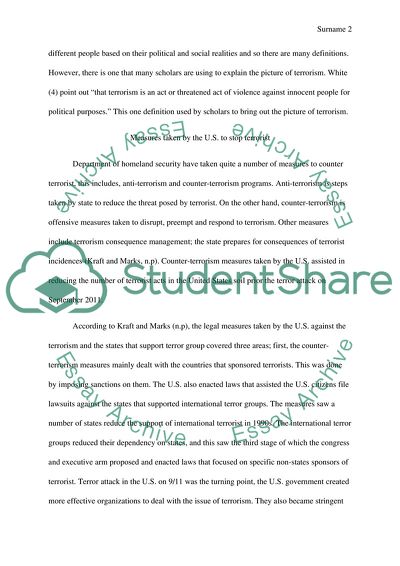Cite this document
(“To what extent can a democracy infringe Human right through means of Research Paper”, n.d.)
Retrieved from https://studentshare.org/social-science/1672139-to-what-extent-can-a-democracy-infringe-human-right-through-means-of-torture-in-order-to-preserve-national-security
Retrieved from https://studentshare.org/social-science/1672139-to-what-extent-can-a-democracy-infringe-human-right-through-means-of-torture-in-order-to-preserve-national-security
(To What Extent Can a Democracy Infringe Human Right through Means of Research Paper)
https://studentshare.org/social-science/1672139-to-what-extent-can-a-democracy-infringe-human-right-through-means-of-torture-in-order-to-preserve-national-security.
https://studentshare.org/social-science/1672139-to-what-extent-can-a-democracy-infringe-human-right-through-means-of-torture-in-order-to-preserve-national-security.
“To What Extent Can a Democracy Infringe Human Right through Means of Research Paper”, n.d. https://studentshare.org/social-science/1672139-to-what-extent-can-a-democracy-infringe-human-right-through-means-of-torture-in-order-to-preserve-national-security.


